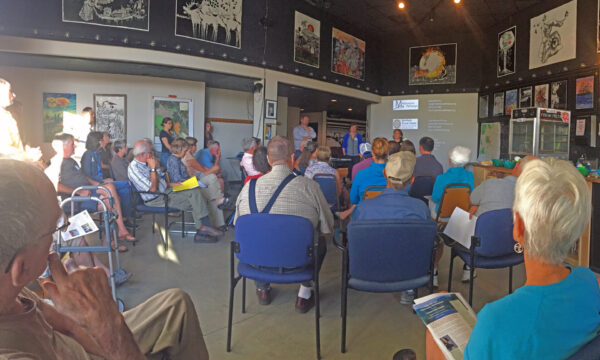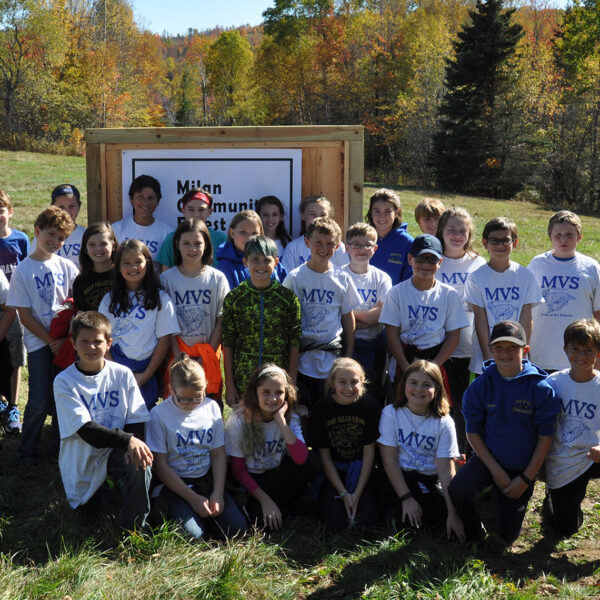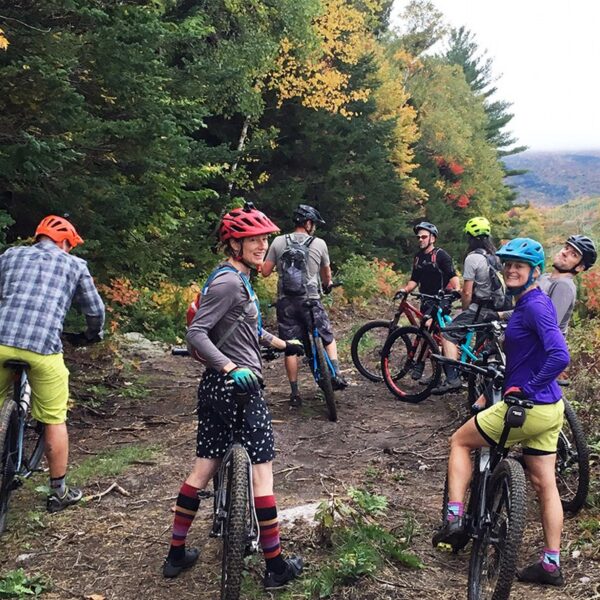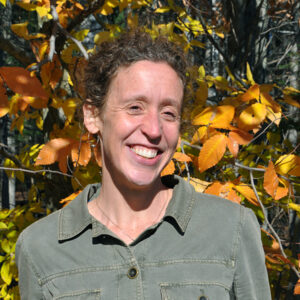Planning for Community Success
Many communities have developed Master Plans, conducted visioning processes, or dreamed informally about what their future could look like.
In fact, we have found that “planning fatigue” is common in many rural communities – in part because too often the planning doesn’t lead to visible change. In the Center’s work, we make sure that any planning activities are strategic, specific, and will have a visible impact on the community. Planning and implementation should always go hand in hand.
Our work in this area varies by place and need, but generally brings a combination of planning, facilitation, resource development, and coaching. Delivering this suite of assistance makes our approach distinct and successful.
In our process, we partner with community members to create a detailed workplan with deliverables, responsibilities, and timelines. We put ourselves into the workplan so that we can be held accountable to the community. We coordinate and facilitate regular meetings to move the workplan forward and bolster accountability. We provide direct assistance with fundraising, introductions, contracting, reporting, and other technical issues that may be new or daunting. The Center is often able to provide small grants for help get projects rolling.

Through our partnership, we bring new capacity to communities while also building capacity within the community. For example, when working on a Community Forest project, we work with the host community for about two years to help them develop a forest management committee, set goals and priorities and develop a plan that they can implement to manage their new forest resource. We bring skills and experience and share our knowledge so that when the Community Forest is established, the town is prepared to manage it to benefit the community.


